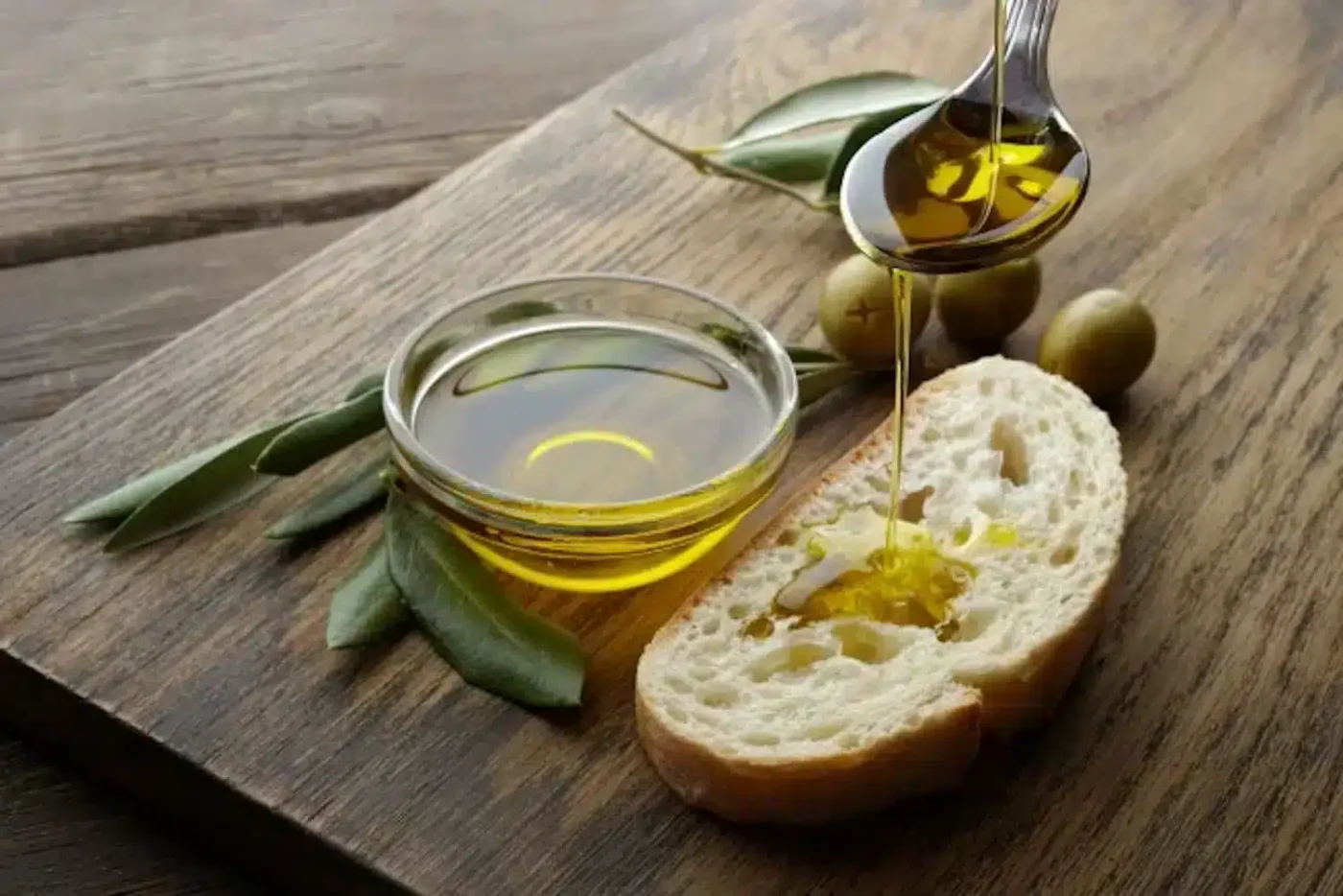
The first plantations were established in southern Europe over 3,000 years ago: olives and the olive oil obtained from them remain an indispensable part of the Mediterranean diet and play an ecological role in protecting the planet.
Currently, olive oils from Europe are presented worldwide as part of the “Olive Oil World Tour,” a campaign created by Olive Oils from Spain in cooperation with the EU to promote olive oils from Europe.
The initiative also began in Germany last year under the slogan “”Let’s cook together! Everything improves with European olive oil.”” The campaign not only showcases the variety and quality of European olive oils, but also provides information on their origin, harvesting, production, and sustainability aspects.
Especially from Spain, a world leader in production, trade, and quality and winner of all international EVOO competitions.
Olive oil has become an indispensable ingredient that enriches the flavor of all the world’s cuisines, giving it a healthy and tasty touch that everyone appreciates. The fact that German consumers have increasingly turned to Spanish olive oil in recent years is due to its many advantages.
With more than 200 varieties grown in Spain, it offers the widest range of different aromas and flavors. From bitter to spicy, the flavor depends on the type of olive, the growing area, the ripeness of the fruit, the soil, and the climatic conditions.
Olive oils from Europe are not only produced under very strict production and quality standards, they can also score points when it comes to sustainability. European olive oil is one of those plant-based products of the future that contributes to increasing biodiversity and meets all the requirements to be considered an environmentally friendly product.
Olive oil is the fruit of millennia of know-how accumulated around the Mediterranean, aimed at anyone who wants to incorporate healthy elements into their daily diet that also guarantee food safety and sustainability.
For years, Spain has been working to improve olive cultivation and continually invests in industry-leading technologies. These technological efforts have led to Spain being recognized today as the producer of the highest quality olive oils. In this sense, olive cultivation has proven to be an effective barrier against climate change.
The International Olive Council estimates that for every kilogram of olive oil produced worldwide, olive trees sequester up to 11 kilograms of CO2 in the soil. Thus, this plant alone is capable of offsetting up to one-third of all greenhouse gas emissions in Andalusia, the most important olive oil-producing region in Spain and the world.
Spain owns 25% of the world’s total olive-growing area. Furthermore, the olive is the main crop of organic farming in the Mediterranean country and a cultivation system that covers 650,000 hectares across Europe.
And not only that, for years the sector has been working on the EU-funded project “”Live Olive Alive.”” The goal is to develop a production model for olive cultivation that ensures biodiversity in olive groves. This and other projects aim to serve as a model for agricultural policy recommended by the government and encourage consumers to consider production sustainability factors in their purchasing decisions.
Around 70% of theOlive oil consumed worldwide comes from Europe. Tree numbers are expected to remain stable in the coming years, while the increase in European production will be mainly due to increased yields thanks to new plantations, irrigation systems, and the continuous improvement of the trees’ agricultural conditions. Production in the EU is concentrated in four countries: Spain, Portugal, Italy, and Greece, which account for 99% of total European production (which in turn accounts for more than two-thirds of world production). Fifty percent of the world’s olive oil is produced in Spain, making it the world’s leading producer and exporter. Furthermore, its wide variety of olives, combined with the latest technologies and cutting-edge production processes, has given rise to a series of unique olive oils.
The use of olive oils from Spain is increasing in German kitchens, as confirmed by trade data for this product. With around 80,000 tons per year, Germany is the sixth largest consumer of olive oil in Europe, behind producers in the Mediterranean region. Approximately 98% of German imports come from the European Union. But it’s the olive oils from Spain that have seen the greatest increase in sales in this market.
The Olive Oil World Tour is a promotional campaign created by olive oil companies from Spain and the European Union to promote European olive oils in different markets. This campaign has already been carried out jointly on three continents: Europe, Asia, and America.
Now it has arrived in Germany and will run for three years, connecting with German consumers interested in incorporating healthy elements into their daily diet that also ensure food safety and sustainability.
The Olive Oil World Tour will follow a strategy that includes the creation of a website, social media profiles, and maintaining contact with local media and influencers. It will also include experiential initiatives in key high-traffic locations, such as bus routes, trams, and even subways. Bahn screens in several German cities such as Hamburg, Berlin, and Munich, and, of course, an ambitious media plan.
Important Note: aceitedelcampo.com promotes the consumption of extra virgin olive oil for its culinary qualities and health benefits. However, no medication or current treatment should be replaced without the guidance of a healthcare professional.
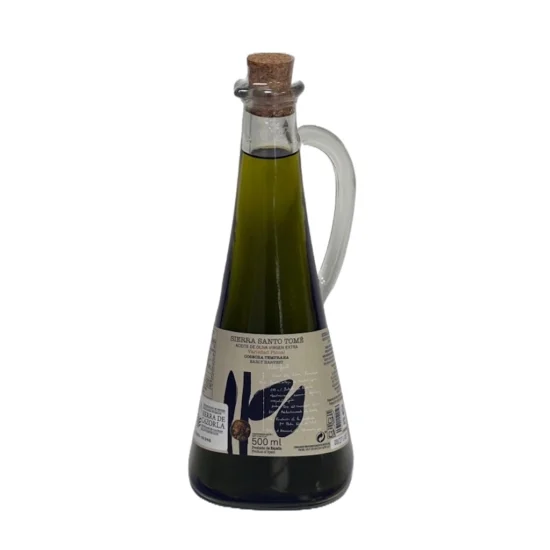
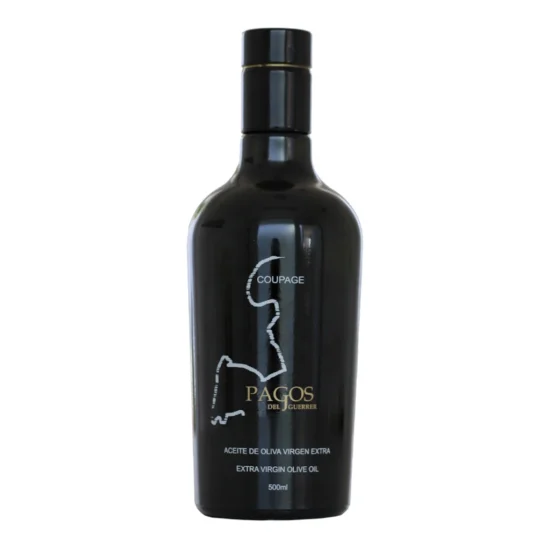
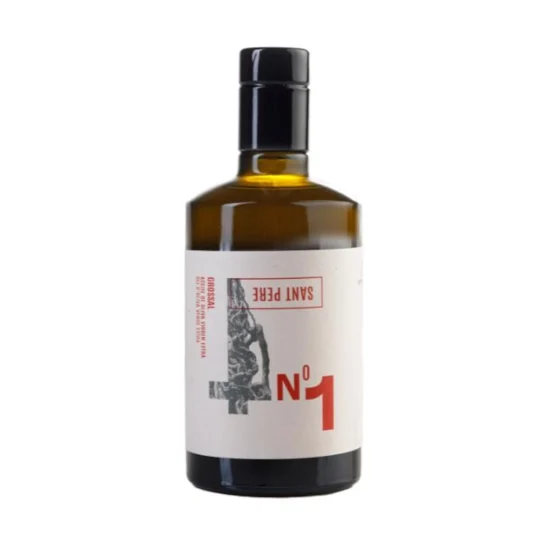
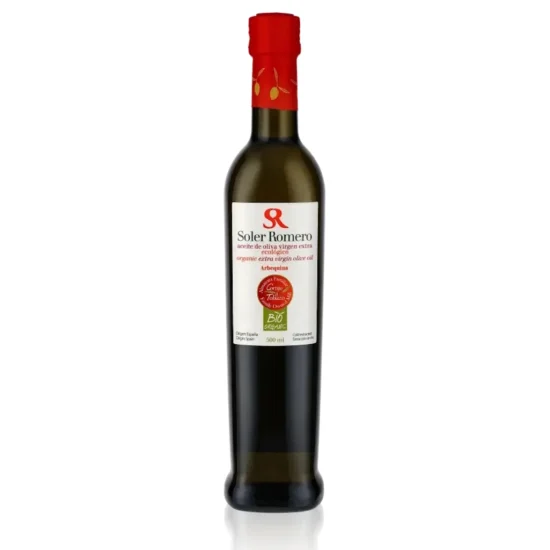
ALZAYT EXPORT SL
info@aceitedelcampo.com
C/ Eduardo Bosca 19, 2-5
46023 Valencia
Subscribe and receive a coupon by email for your next purchase.